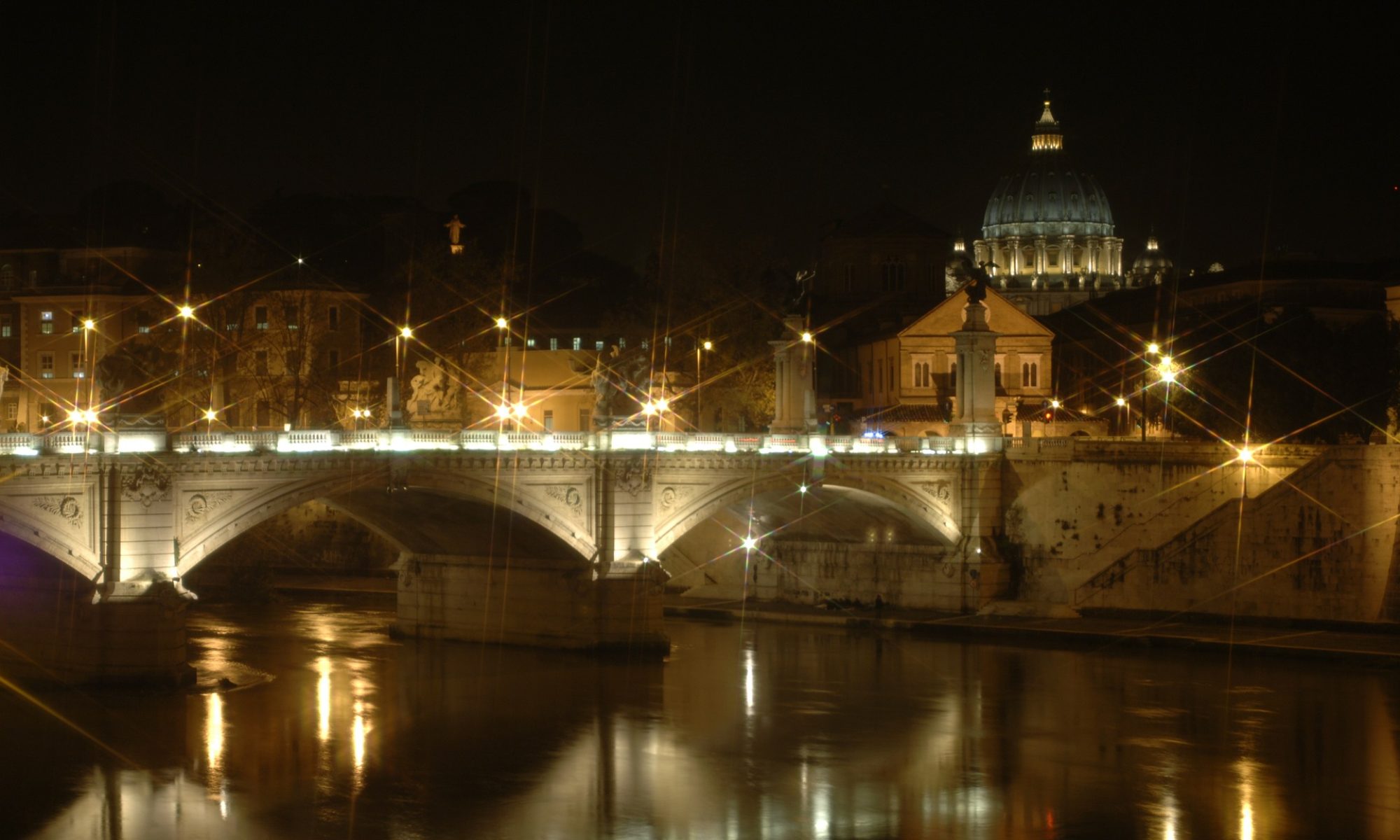April 15th, 2014
“Peter didn’t have a bank, did he?” Shortly after his election Pope Francis asked this rhetorical question. Peter did not have a bank, of course, but the Vatican does have a bank, and it’s called the Institute for the Works of Religion (Istituto di Opere Religiose, IOR). Its operations have been well known by the public for its record of financial scandals over the last thirty years, often exchanging the “works of religion” for reckless banking. The peak of mismanagement and distrust was reached during Pope Benedict XVI’s reign and was certainly one factor that contributed to his resignation. Pope Francis called for an investigation and formed a commission to help him make decisions concerning the future of IOR.
The Vatican Keeps the Bank
Francis has been working hard to bring a breath of fresh air both inside and outside the Vatican walls. In many ways he is a Pope who is trying to renew the system from the inside out by giving a personal example of a sober lifestyle full of religious enthusiasm. His statement about Peter and the bank raised some expectations that he would also touch on significant structural changes as far as the institutions of the Vatican are concerned. Some commentators went as far as saying that the Pope was ready to shut the IOR down, thus opening a season of disestablishment of the political adds-on at the center of the Catholic Church.
Last week the decision was finally announced: the Pope confirms “the importance of the IOR’s mission for the good of the Catholic Church, the Holy See and the Vatican City State”. In other words, the bank will continue to exist as is, but with more transparent policies, all while its banking profile remains untouched. For all that Francis is changing, the financial system of the Vatican will not change. Peter did not have a bank, but Popes do, and despite of all his “missional” emphases Francis is no different than his predecessors.
The Thick “Hardware” of the Vatican
What is becoming more and more apparent is that Francis is focusing on the “attitude” of the Church, but he is hardly interested in revising the basic “structure” of the Vatican. His remarks on the outgoing “mission” of the Church revolve around the “operative system” of the Church but leave its “hardware” as it stands. The bank is only one piece of a much larger picture. The Vatican is a state and the Pope is a political leader. The Vatican has a territory, an army, a diplomatic body, civil and penal courts, a prison, and a bank. It issues passports and participates in the international political scene as a sovereign state. The Roman Catholic Church is a church which operates with a state as its center. Its two-sided face is both religious and political.
The political “hardware” exchanges the Church with a political body trusting in man’s protection, rather than encouraging God’s people to serve God’s mission in God’s way. The usual justifications for the “hardware” of the Vatican are that it is the result of its long history and it helps to serve the mission of the Church. These are of course pragmatic reasons rather than biblical ones. Moreover, these justifications have caused the church to become something that goes ways beyond the way Jesus wanted the church to be. “Peter did not have a bank, did he?” was a promising start. In fact, the church does not need to own a bank nor did Jesus ever say or even suggest that the church is supposed to be a political state at heart. Francis’ subsequent reinforcement of the IOR shows that in the system as it stands the reason of state prevails over biblical principles, even for a “revolutionary” Pope.

